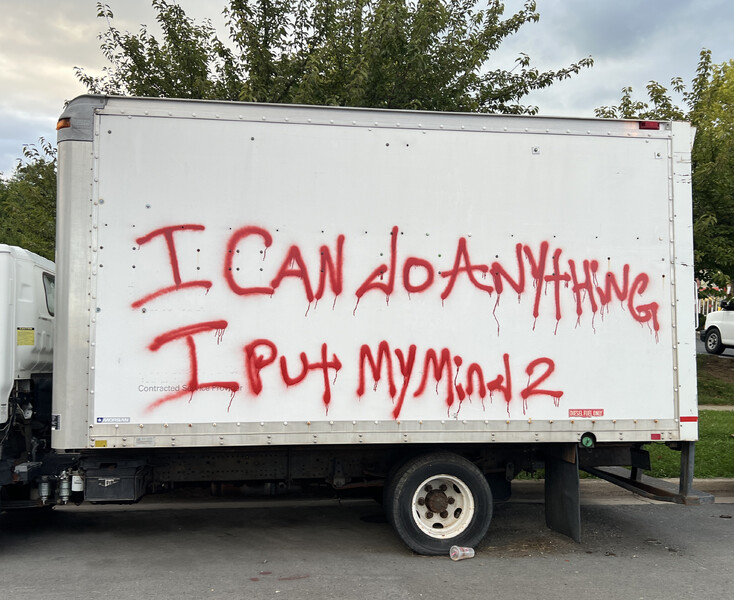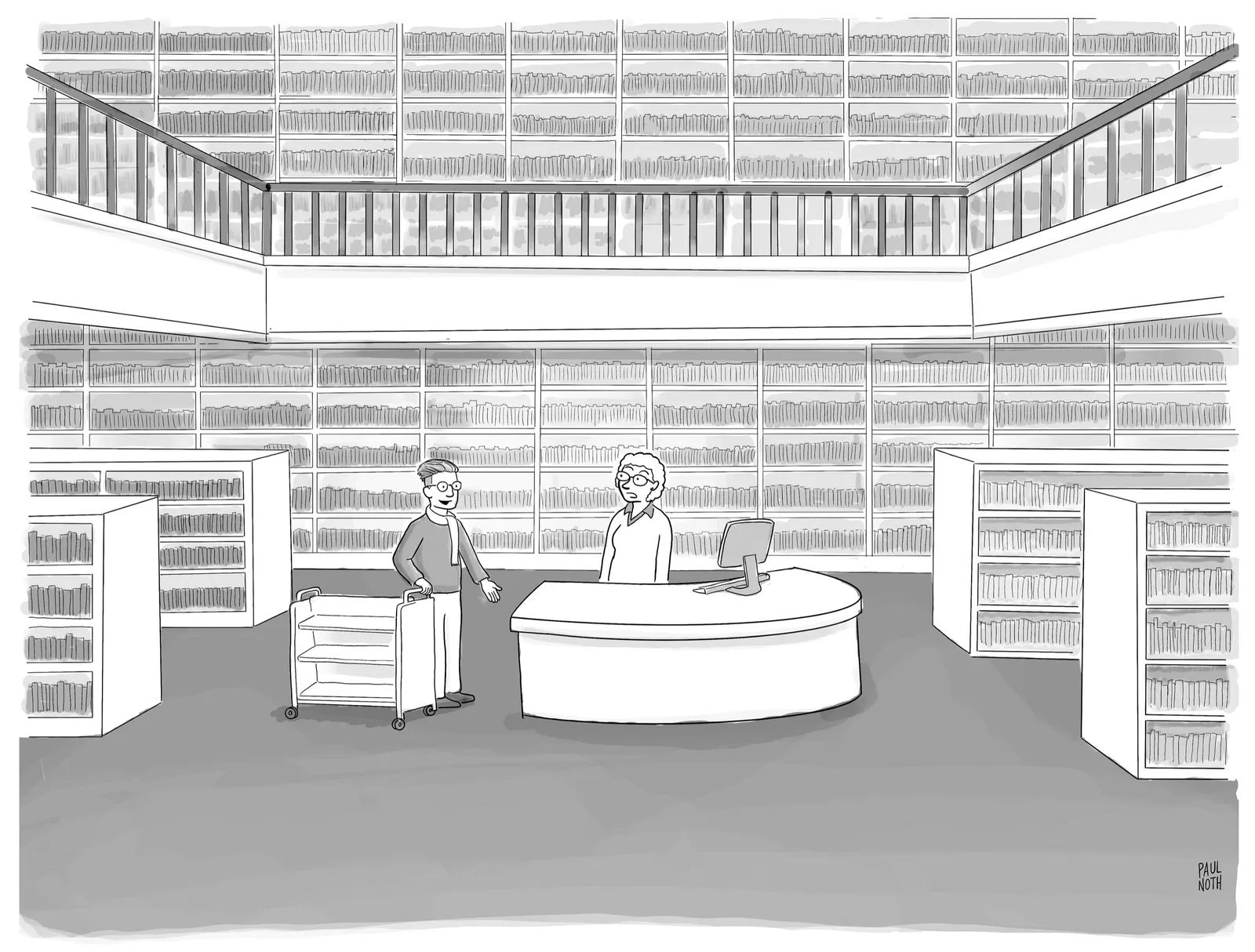Think the national debt is high? Try adding up your unmade decisions.

Forty years since taking my first graduate course in decision systems, three ‘truisms’ about what economists call decision debt remain stubbornly un-debunked.
- Perfect decision-making doesn’t always call for perfect information.
- Even a bad decision can be better than no decision at all.
- Not to decide is to decide.
Let’s run these well-worn saws through some overdo sharpening.
- Perfect information is a myth; ergo, perfect decisions are a pipe dream; ergo, better to decide based on available facts than to procrastinate progress; ergo, Einstein himself futilely railed when calling for ‘More math!’
Decades ago, while working at the headquarters of a large hotel company, I was summoned to the office of the chief financial officer.
Once a quarter, he began, I visit our lending institutions to bring them up to speed on the financial health of our hotels under finance. It’s the most unpleasant part of my job.
The bankers want to see my Problem Property Report. It’s basically a professional shellacking followed by an intense but fruitless hunt for ways to reverse alarming trends in the performance of some of our larger hotels. (It’s not like my data can do anything to reverse the Recession but what am I to do?) I bring with me a briefcase brimming with every possible detail—twenty pounds if an ounce of it—to hopefully get to the bottom of all the thorny questions.
Lately, more and more bankers around the table bring laptop computers to do their crunching. Is that what you call them? ‘Laptops?’ (That’s why I called you.) And there I am, the CFO of a global company, rifling through my anvil bag randomly crammed full of paper. Not that anything I show them will change the facts.
After fixing him up with his first-ever laptop, the CFO could now face the firing squad armed with the slimmest of laptop cases full of digital information. But the data was no more complete than when it lived in the bag. It just seemed more credible for purposes of decision-making.
Where is the wisdom we have lost in knowledge? / Where is the knowledge we have lost in information?
Were T.S. Elliot around today, he would probably wonder, Where is the information we have lost in data?
2. ‘Decide first; refine options later:’ the worst form of bully management? Or smart investing?
Just decide already! Even a bad decision is better than no decision at all. Pick the first idea on the list or if you think it will make you look less stupid, flip a coin.
I’ve never bought a lottery ticket. But if ever inclined to do so, I would remember that the odds of winning double on purchasing a second ticket. The original odds would triple at three tickets and quadruple at four. I’d stop shelling out money at some point, probably at quintupling since sextupling seems to me the beginning of rapidly diminishing returns, and buying a seventh is only slightly less dumb than buying the first one.
Likewise, when ranking validated decision options, a pool of three to five seems a practical best-fit limit. Go beyond that and the odds of scoring a better alternative drop to zero in a flash.
There is a special case of decision debt mitigated through something risk managers call transference. My colleague Andy Perkins transferred something akin to risk (though not cost) when he bought me my first (and only ever) lottery ticket while walking back from lunch one day at Charles Square in Cambridge.
“I know you don’t gamble, so take this. If you win, we split it.”
Two years later, a brain tumor cut short Andy’s life. Nearly a decade later, every time I pass a Megamillions billboard, I think of his lunchtime generosity and wonder if it wouldn’t be so foolish to buy a ticket in Andy’s name for his wife, Clay. Andy’s risk transfer was a sound investment, not just in our friendship but against the pitiless brutality of the financial cosmos. Buying a ticket for each of us, Andy doubled his odds for nano-pennies on the dollar at no additional risk. And planted the seeds of a story you now know.
3. While not deciding is not—technically speaking—‘deciding,’ like a snake bite, decision dawdling can lead to paralysis or worse.
As we transferred all the Problem Property data to his new laptop, the hotel CFO gave me a mini-lesson in decision debt.
Years ago, when finishing up the annual finance review with the CEO, there was this tiny little thing we hadn’t got to. It had been a long week and both of us had had enough.
“Can it wait ’till next year?” asked the CEO.
“I suppose it can,” I said.”It’s only a couple thousand dollars. We’ll get to it then.”
At the end of the following year’s review, we came to the same little thing which, it turned out, we had not got to settling as planned the entire year.
“Can it wait ’till next year?” asked the CEO with a cat-and-canary grin.
“We can,” I said.” But this time it will cost a few hundred thousand to resolve.”
We didn’t settle that ‘tiny little thing’ until its price tag reached a few million.
This post is from a LinkedIn Newsletter called Human Changing. You can access the entire series here.


